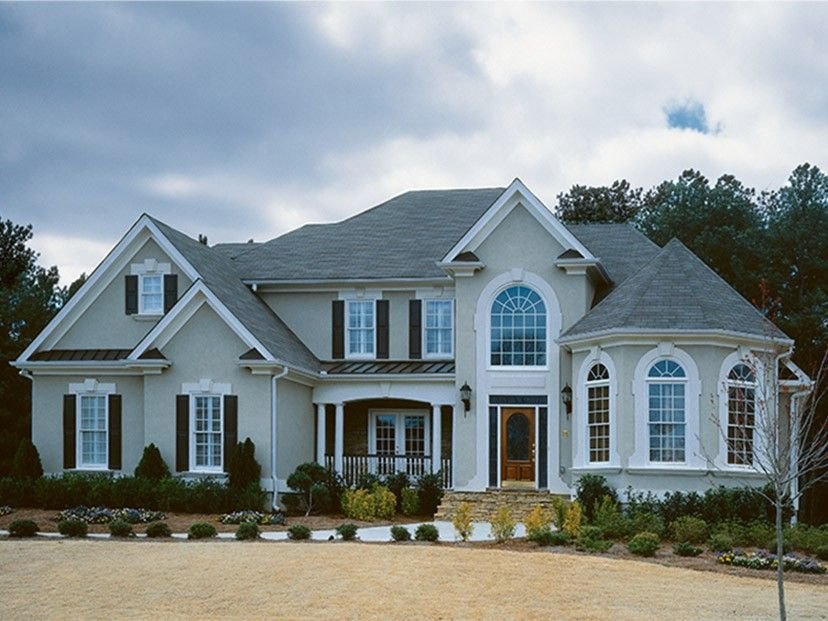The world of architecture and construction has long been ripe for innovation. While digital technologies have revolutionized industries from entertainment to healthcare, construction has historically remained resistant to rapid change. However, with the emergence of modular design—a construction method that involves prefabricating sections of a building off-site—many are starting to see the potential for transforming how buildings are designed and constructed. Vincent Schachter, a visionary in the modular space, leads this innovative charge, and Cruz Modular, a company dedicated to revolutionizing how modular design is executed.
A Visionary Leader: Vincent Schachter
Vincent Schachter’s career is characterized by a deep passion for the intersection of technology and design. With a background in engineering and sustainable development, Schachter has long been intrigued by the potential of modular architecture to make construction more efficient, eco-friendly, and adaptable. As a thought leader in this space. He has contributed to shaping the future of modular design by pushing the boundaries of what’s possible in prefabricated construction.
Schachter has been involved in numerous ventures focusing on green technology, energy efficiency, and architectural innovation. His work has consistently centered on harnessing technology to solve complex problems, particularly in urban environments where space and resources are limited. He is also recognized for promoting sustainability within the construction industry. Advocating for the adoption of eco-friendly materials and reducing waste through modular techniques.
With Cruz Modular, Schachter has found a platform to fully realize his vision. His leadership is driving the company’s mission to disrupt traditional construction paradigms by leveraging the speed, scalability, and sustainability benefits of modular architecture.
The Rise of Cruz Modular
Cruz Modular is a company born out of necessity and innovation. It operates at the crossroads of architecture, design, and technology, specializing in the design and construction of modular buildings. Modular design involves the off-site construction of building components, which are then transported to the construction site for final assembly. This method is rapidly gaining popularity due to its cost efficiency, reduced construction time, and minimal environmental impact.
The core of Cruz Modular’s philosophy lies in its ability to standardize and optimize. By creating standardized building modules, the company reduces waste and increases efficiency in both the design and construction phases. Their modular systems can be customized and adapted to a wide range of projects, from residential buildings to commercial structures. This flexibility allows Cruz Modular to cater to a diverse clientele, meeting the unique needs of each project while still adhering to the principles of modular design.
Moreover, Cruz Modular is on the cutting edge of integrating smart technology into modular spaces. This approach enhances the livability and functionality of their designs. Their smart buildings incorporate automation, energy-efficient systems, and advanced materials, creating spaces. That are not only visually appealing but also highly functional in the digital age.
Innovating Through Sustainability
One of the key factors driving Cruz Modular’s innovation is its commitment to sustainability. Traditional construction methods are notoriously wasteful, contributing significantly to carbon emissions and material waste. By contrast, modular construction offers a solution that can drastically reduce these negative environmental impacts.
Through Schachter’s leadership, Cruz Modular has adopted environmentally friendly materials and processes. This not only reduces waste but also lowers the carbon footprint of the buildings they create. The prefabrication process allows for precise measurement and cutting of materials, minimizing off-cuts and surplus. In addition, Cruz Modular’s buildings are designed to be energy-efficient, using modern insulation techniques and renewable energy systems, such as solar panels and smart energy grids.
The company’s focus on sustainability extends beyond construction materials and methods. Cruz Modular actively promotes the idea of circular construction—a concept where buildings are designed to be disassembled and reused at the end of their life cycle. This forward-thinking approach ensures that the environmental impact of construction is minimized over the long term, not just during the initial build.
Speed, Scalability, and Adaptability
One of the most attractive aspects of Cruz Modular’s approach to design is the speed at which projects can be completed. Traditional construction can take months. If not years, to finish, with delays often stemming from unpredictable weather conditions, labor shortages, and logistical challenges. Modular construction, by contrast, allows for much of the work to be done in a controlled factory environment. Drastically reducing the time it takes to erect a building on-site.
This scalability makes modular design particularly attractive for large-scale projects, such as housing developments, hospitals, and schools. Cruz Modular can quickly produce high-quality, repeatable units, helping to address issues like housing shortages and the need for rapid infrastructure development in urban areas.
Additionally, modular design offers a level of adaptability that traditional construction cannot match. Because buildings are constructed from interchangeable modules, they can be easily reconfigured, expanded, or even relocated. This adaptability is especially valuable in today’s fast-paced world, where the needs of a business or community can change rapidly.
Shaping the Future of Construction
Vincent Schachter Cruz Modular represents the future of construction. By combining technology, sustainability, and innovative design principles, they are transforming how we think about building in the 21st century. Modular design is not just a trend; it is a solution to many of the challenges faced by the modern construction industry. Through their work, Schachter and Cruz Modular are proving that modular buildings can be aesthetically pleasing, environmentally responsible, and economically viable. As the world continues to urbanize, their contributions will undoubtedly help shape the future of how we live and work.







